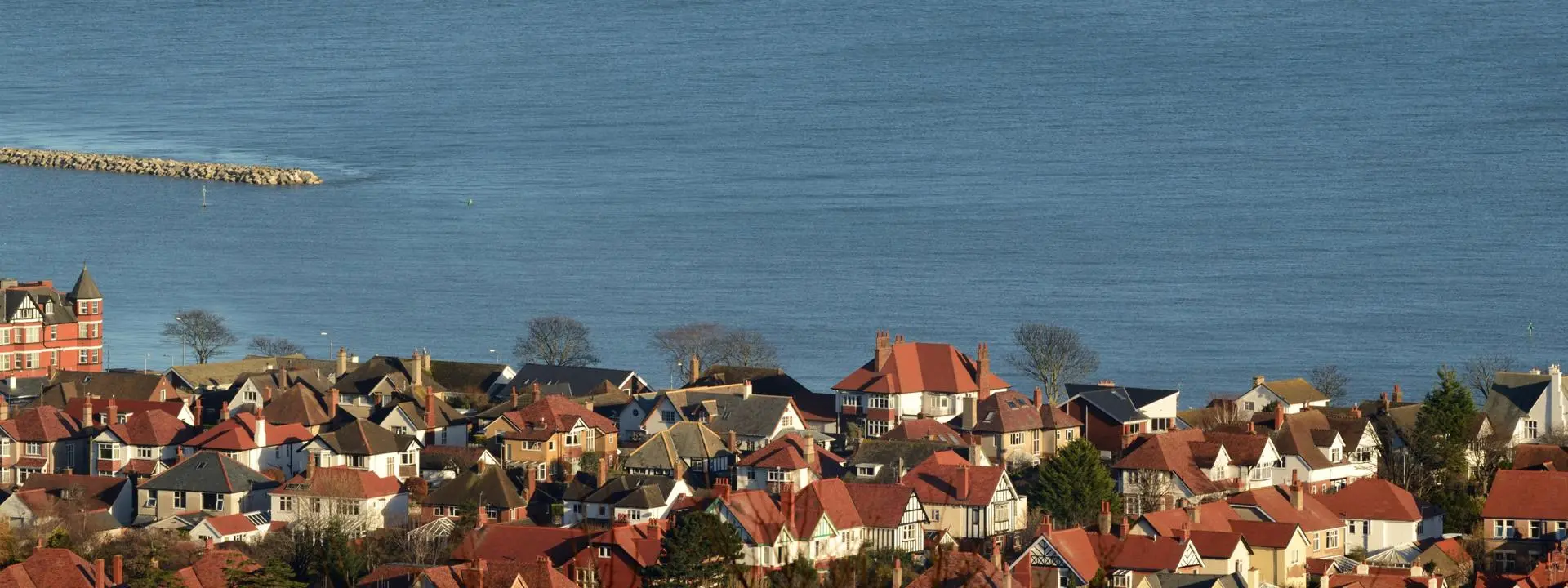Lessons from the past can help coastal communities cope with the move to renewable energy

The use of whale oil for lighting in the 1800s and the production of oil and gas from the North Sea in the 1970s are to help inform scientists at Heriot-Watt University about the impact on coastal communities of past and present energy transitions.
The research is one of four projects to share £14.8 million in funding through the Resilient Coastal Communities and Seas Programme, which is funded by UK Research and Innovation – the UK’s national funding agency for investing in science and research – and the UK Government’s Department for Environment, Food and Rural Affairs (Defra). The programme aims to boost the resilience of coastal communities in all four nations of the UK by drawing expertise from multiple disciplines.
The aim is to inform approaches to the current energy transition that protect the wellbeing of coastal communities – and also underpin the success of important blue economy industries like offshore renewables.
Heriot-Watt’s project is called TRANSitions in Energy for Coastal communities over Time and Space (TRANSECTS) and aims to learn from the past to help ensure that offshore renewable energy, including offshore wind and tidal energy, develops in a way that helps rather than harms coastal communities.
The project is led by Dr Karen Alexander, a marine social scientist at Heriot-Watt University’s School of Energy, Geoscience, Infrastructure and Society. Marine social scientists are scientists who specialise in researching human interactions with the marine environment.
“Past transitions have often had a negative effect on coastal communities,” Dr Alexander explains. “For example, the growing use of whale oil in lamps in the 19th century and the transition to offshore oil and gas in the 1970s both brought boom and bust cycles, with highs and lows in jobs and investment. There were also big impacts on the environment that affected both people and nature.
“Through this project, we’re going back in time to research how people in coastal communities experienced these changes. The aim is to inform approaches to the current energy transition that protect the wellbeing of coastal communities – and also underpin the success of important blue economy industries like offshore renewables.”

Heriot-Watt’s research will involve collaborating with scientists across different disciplines and with artists, archaeologists and cultural organisations including museums. Researchers will also collaborate with coastal communities in Scotland and England, with a focus on three areas. These are around the Humber in England, the Orkney islands archipelago and the east coast of Scotland between Edinburgh and Aberdeen.
“This project will very much be public-facing, with lots of opportunities for communities to get involved and help with our research,” Dr Alexander says. “We tend to think about renewable energy industries in terms of jobs, money and natural resources. But our project aims to bring people and their relationships, experiences and identities back into the stories about these communities and industries.”
Human narratives sourced from archives will be combined with scientific data to explore areas including the impacts of past energy transitions on migration, employment and mental and physical health – and the fairness and balance of investment decisions.
Twelve stakeholder partners from industry and government are collaborating in the project. These include the Scottish Government, the Marine Management Organisation, which regulates marine activities in the seas around England and Wales, and Offshore Energies UK, a trade association for the UK offshore energies industry.
Four universities are also collaborating with Heriot-Watt University in the TRANSECTS project. These are the University of the Highlands and Islands, University of Aberdeen, University of Strathclyde and University of Hull.